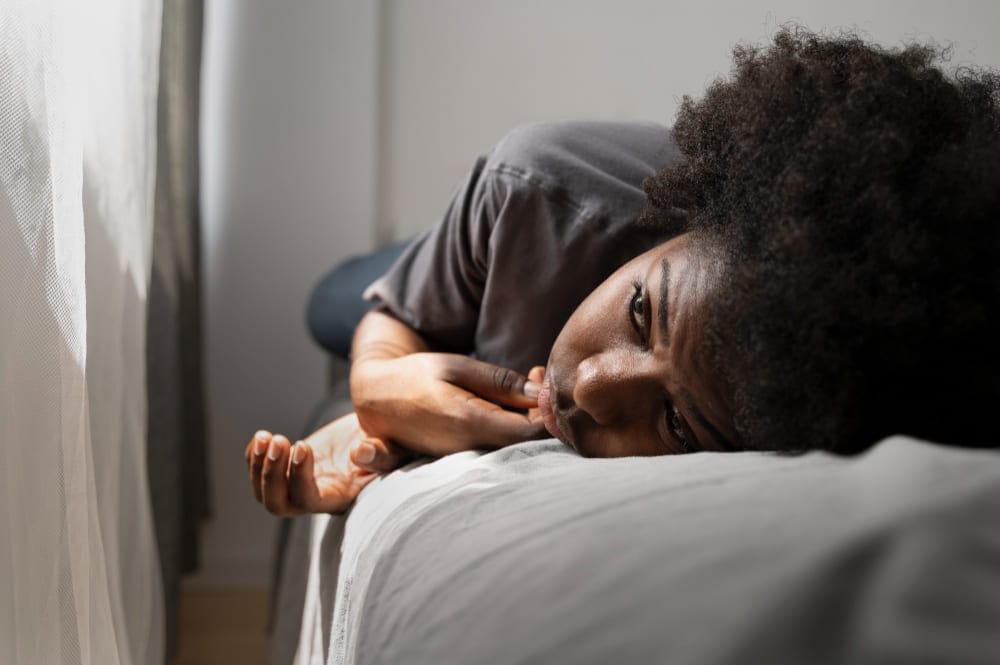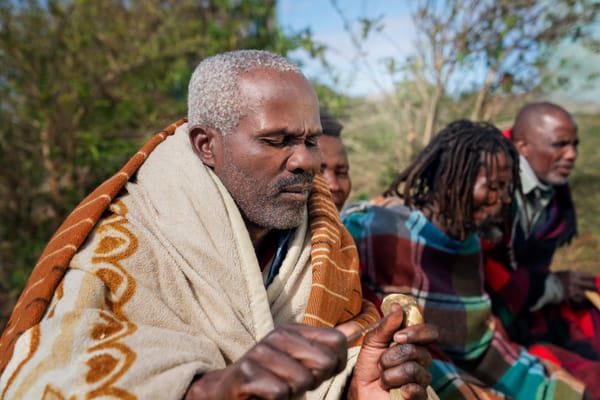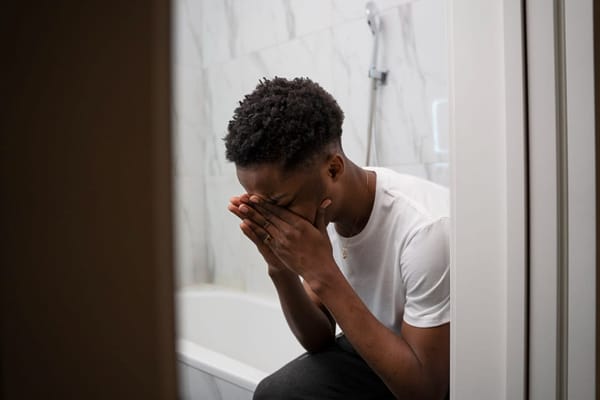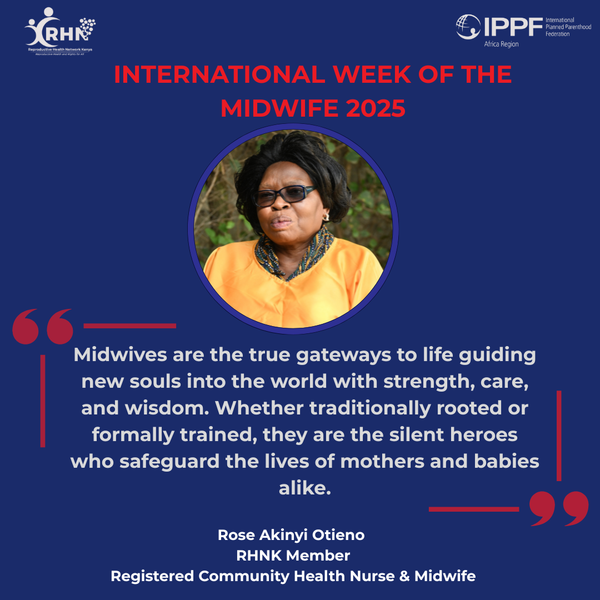THE COST OF MENSTRUAL SHAME

Menstrual hygiene consists of all practices and conditions necessary to manage menstruation in a healthy, safe and dignified way. This includes; access to menstrual products, menstrual health education, clean water , access to healthcare and also disposal facilities. However, that’s not all. Menstrual hygiene is not just about clean and safe products; it’s also about social and emotional well being during menstruation. Is the girl supported during the period of menstruation? Does the community around her involve her in activities during her menstruation? Or is she stigmatised and shunned because of a normal physiological process? It’s actually stunning how much the latter happens in this day and age.
In Kenya, menstrual shame and stigma largely impacts the life of women and girls . There is a lot of stigma surrounding the process of menstruation that is mainly due to taboos and misinformation. People perceive those on their menses as unhygienic and unclean because period blood is considered “dirty.” Therefore, they do not want to be associated with them because they’ll become dirty too. This leads to women being isolated and stigmatised at a moment when they need social and emotional support the most.
Let’s take the case of Jane, a form 1 student at a secondary school in rural Kenya. Jane woke up as usual, got ready for school and bid her dad farewell. It was a Monday and she didn’t want to be late for school. Upbeat and excited, she did not know that that day would take an unexpected turn, and that at the end of it all she’d be fighting for her life. Literally. She got to school and classes started.
At 11am during a Mathematics lesson, her teacher called her to the front of the classroom to do a sum on the board. As the best in the subject, that wasn’t a surprise. She stood to walk to the front when she felt a strange warmth between her legs. Then came the gasps, whispers and snickers from her classmates. Jane was filled with dread. One boy shouted, “She is bleeding!” Laughter rang out. A chill ran down Jane’s spine. She quickly pulled down her sweater to try and cover herself. She looked at her teacher for help, but she wasn’t prepared for the look of disgust she saw on her face.
‘What’s this? Aren’t you old enough to know better? Girls like you are an embarrassment to the school. Get out and go clean yourself before you stain the chairs you dirty girl!”
The words sliced through her like a blade, the shame and embarrassment too much to bear. A few more snickers and muffled laughter. Her cheeks burned. The tears Jane had been holding in finally broke free. She ran out of the classroom, her vision blurred by her tears, her lips trembling, blood ringing in her ears. The stain on her skirt was nothing compared to the one now etched on her self-esteem.
‘You dirty girl!’ Those words reverberated in her mind, and her heart broke. Her father had never talked to her about what to do during her first time. She didn’t have any pads, didn’t even know how to use them. How could she ever show her face in class again? How could she ever look at her classmates after what had happened? She couldn’t do it. She just couldn’t. So, she walked out of the school, her head lowered, the shame heavy on her chest. She’d ask her dad to take her to another school. He’d understand. Her mind was so far away that she didn’t remember her school was next to a busy road. ‘Dirty girl!’ Those words were louder than the noise of the traffic, her body still frozen in that moment of the classroom.
A horn blared.
Brakes screeched.
Screams.
And then, silence.
When help arrived, her skirt was still stained, but now, there was blood everywhere. Her hands shook, the tears still running down her cheeks. She hadn’t seen the car, she hadn’t seen anything. Just the shame that covered her whole.
While the above might seem like just another story, in Kenya, period shaming is still a monster that needs to be addressed. In 2019, Beatrice Koech’s daughter, Jackline Chepng’eno - a 14-year-old student at Kabiangek Primary School - got her period in class and stained her clothes. Her teacher called her “dirty”, expelled her from class and forced her to stand outside. The girl had no access to a pad at that time. The public humiliation and shame were too much that Jackline ended up taking her own life.
This shows just how far behind we are in terms of achieving menstrual inclusivity and dignity. If authority figures- like teachers- do not have enough menstrual education to support girls, then what do we expect from students? Until menstruation is treated with the respect it deserves, and people learn to show compassion instead of shaming, more girls will continue to suffer in silence. If Jackline’s teacher had offered a supportive and safe environment, maybe she would still be here with us.
Period stains are NOT, and should NEVER be a crisis. We need to work together to create a #PeriodFriendlyWorld - where stigma and taboos surrounding menstruation are eliminated, comprehensive menstrual education is provided, facilities are period-friendly, and menstrual health services are available. And for schools, pads and extra uniforms could go a long way in supporting those who accidentally stain their dresses. Menstruation is a natural process, but the shame and stigma surrounding it is not. Let’s change the narrative.
By Jackline Omongo
RHNK Youth Advocate.
For MENSTRUAL HYGIENE DAY



